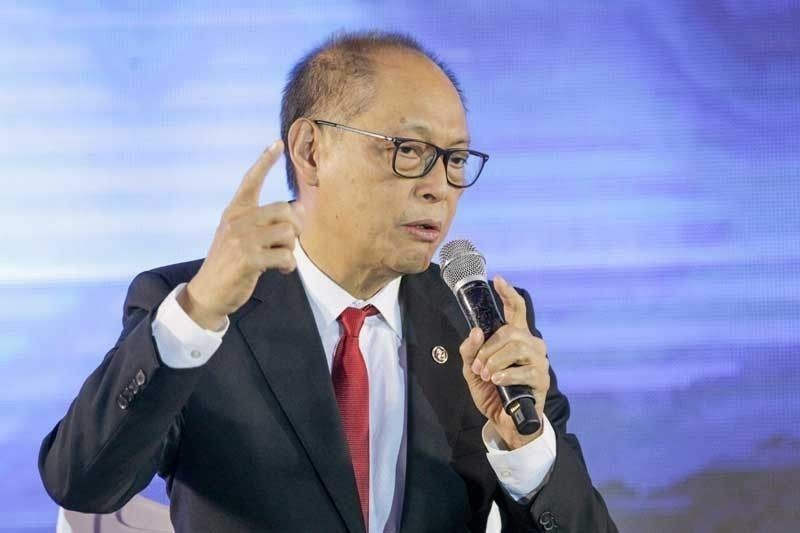BSP to stick to traditional tools

MANILA, Philippines — The Bangko Sentral ng Pilipinas (BSP) is sticking to traditional monetary policy tools in its effort to help the country survive the economic fallout from the coronavirus disease 2019 or COVID-19 pandemic.
BSP Governor Benjamin Diokno said in a televised interview on ANC monetary authorities are focusing on traditional measures instead of non-traditional tools such as negative interest rates.
Unlike other central banks in other countries that have run out of traditional monetary policy tools, Diokno said the BSP still has a lot of leeway in interest rate as well as the reserve requirement ratio (RRR) cuts.
“We still have a lot of leeway. And so I’d rather than experiment with for example, a negative interest rate. I couldn’t imagine adopting a negative interest rate in the Philippines,” he said.
A zero nominal interest rate would mean that the real interest is negative, which is a mirror image of too low aggregate demand. With negative real rates, households will opt not to deposit their cash in the banks because the real return is eroded.
Investors will also postpone planned investment because returns are negative. Hence, economic activity is stalled and recession sets in. Under this scenario, interest rates are of no help to the economy.
The Monetary Board has so far slashed interest rates by 125 basis points this year, bringing the benchmark rate to an all-time low of 2.75 percent to boost market confidence and soften the blow of the pandemic.
In all, the central bank has cut interest rates by 200 basis points since May last year, reversing the tightening cycle that saw rates jump by 175 basis points in 2018 due to an inflation breach.
Likewise, the central bank has lowered the level of deposits banks are required to keep with the central bank by 200 basis points on March 30, freeing up P200 billion in additional funds to boost the economy.
As part of its commitment to bring the RRR to single digit by middle of 2023, the BSP has lowered the level by 800 basis points to 12 percent from a high of 20 percent in 2018.
“Right now we are at 2.75 (percent), we still have long ways to go, our reserve requirement is 12 percent. So rather than, you know, that experiment with some non traditional measures, we can use the traditional measures first,” the BSP chief said.
Diokno said the BSP has entered into P300 billion worth of repurchase agreements with the Bureau of the Treasury (BTr) and has been purchasing government securities in the secondary market to help ensure much needed liquidity at this critical time and shore up confidence.
“So, non traditional monetary measures are okay. But we still have the traditional measures, so I will stick to the use of our traditional measures,” he said.
Inflation averaged 2.6 percent in the first four months after easing to a five-month low of 2.2 percent in April from 2.5 percent in March, well within the central bank’s two to four percent target range.
“Given the subdued inflation, we might cut again, right now we’re at 2.75 (percent) coming from four percent. We still have a lot of elbow room, I can tell you that,” he said.
- Latest
- Trending

























